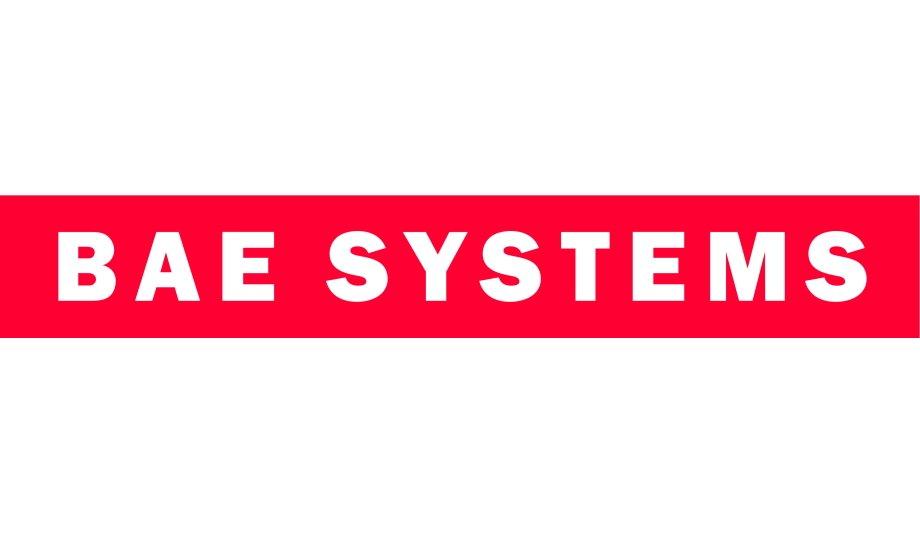BAE Systems expands its clean energy footprint with two new projects for maritime sector
BAE Systems, in collaboration with other maritime industry leaders, has secured funding from the UK Department of Transport to design, develop, and demonstrate exciting new power and propulsion technologies for London, with the potential to reduce emissions across global waterways.
Working across two separate projects in the city with Uber Boat by Thames Clippers, a ferry operator, and Cory, a waste to energy management company, BAE Systems will use its expertise in providing integrated solutions in electric propulsion and power management, alongside its experience in vessel autonomy. This approach will deliver connected solutions to reduce the power demands of vessels, in conjunction with their design, to increase efficiency.
The projects will also look at how onboard and shore based high power, rapid charging points can be developed to provide charging stations for vessels to keep on the move.
These two projects are part of the Clean Maritime Demonstration Competition, funded by the Department for Transport and delivered by Innovate UK. Each project will start as a feasibility study that will show the technological and commercial viability of connected system designs.
“The UK government has set robust targets for nationwide net zero carbon emissions by 2050 and we all have a part to play to achieve that ambition, but we can’t do this on our own,” said Paul Simavari, Business Development Manager for BAE Systems’ Electronic Systems sector. “The Clean Maritime Demonstrators are an exciting new approach to the Zero Emissions challenge and by bringing together companies with expertise across the industry, we will be able to create a cleaner, more sustainable and more environmentally friendly marine sector.”
Uber Boat by Thames Clippers operates 21 vessels along the River Thames, providing links across the city for commuters and tourists. This project will investigate how low- and zero-emission propulsion and power management technology, which includes intelligent controls, can make a positive difference in transporting people and goods around a busy capital city.
Geoff Symonds, Chief Operating Officer for Uber Boat by Thames Clippers said: “As the operator of a modern and fuel-efficient high speed passenger boat service on the River Thames, we are, and have been for over 20 years, at the forefront of innovation for the river marine sector."
Cory already turns waste into construction materials and a clean source of energy that feeds back into London’s main power grid"
"We are committed to supporting the sustainable growth of infrastructure on and around the river to ensure its long-term importance to Greater London. We pride ourselves on driving the technology forward to ensure we are continually working to improve both the efficiency and environmental impact of our business. As such, we are proud to be working alongside BAE Systems to achieve a greener marine future.”
The second, separate study with Cory, the only UK recycling and waste management company to transport waste by river, will look at how low and zero-emission propulsion and power management technology, combined with autonomous capabilities can bring cleaner energy to the waste management industry. Cory already turns waste into construction materials and a clean source of energy that feeds back into London’s main power grid and that could potentially supply Thames River users.
Cory’s Director of Logistics, Fran Comerford-Cole, said: “Cory’s collaboration with BAE Systems is an important, coordinated effort to reduce shipping emissions and explore the potential of autonomous propulsion. As a business, we are proud of our stewardship of the Thames and the river’s role in reducing the environmental impact of our operations. We want to take this a step further by helping to drive innovation in lower and zero carbon marine vessels. In turn, this will help the UK on its road – or voyage – to net zero.”
The Clean Maritime Energy Competition will expand BAE Systems’ existing clean energy footprint in London, with engine drive technology already featuring on nearly 1,000 of the city’s iconic red buses.
These two feasibility studies will start this month and will be completed by March 2022. The aim is then to produce vessel demonstrators for each project to prove the findings of the study before being adopted by the wider fleet.
- Related companies
- BAE Systems
- Related categories
- Propellers
- Rudders
- Thrusters
- Compressors
- View all news from
- BAE Systems
Related videos
In case you missed it

Strategies to achieve FuelEU Maritime compliance
FuelEU Maritime came into effect on Jan. 1, 2025. It is part of the European Union’s Fit for 55 package and applies to commercial vessels of 5000GT (gross tonnage) and over u...

VIKING sea trials prove LifeCraft™ resilience
Sea trials are performed in northern waters – typically at depths of 200-300 metres off the coasts of Norway, the Shetland Islands, the Faroe Islands, and...

ClassNK ZETA enhances FuelEU Maritime Tools
ClassNK has released new features related to FuelEU Maritime and EU-ETS for its GHG emissions management tool, ‘ClassNK ZETA’. Additionally, with the integration with N...







